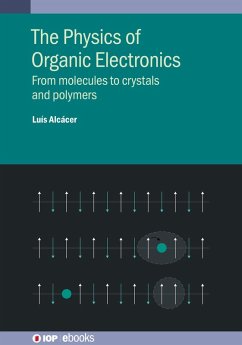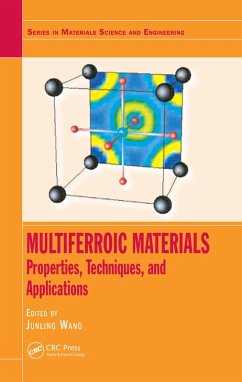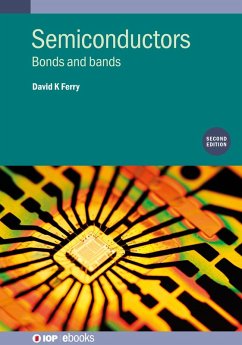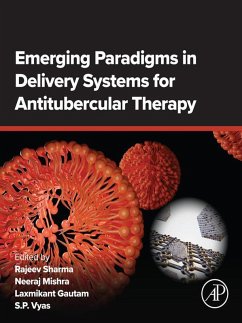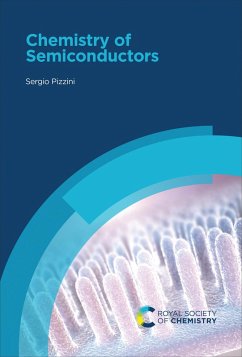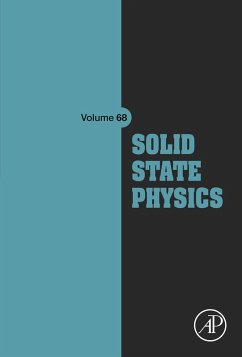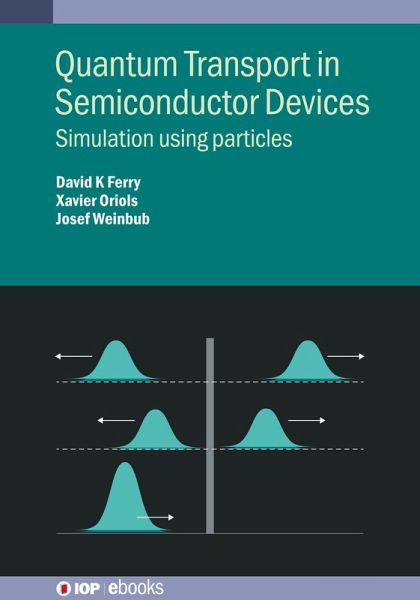
Quantum Transport in Semiconductor Devices (eBook, ePUB)
Simulation using particles

PAYBACK Punkte
40 °P sammeln!
This text treats the modelling and simulation of semiconductor devices in the quantum regime with particles, beginning with the early, and current, views of particles in quantum mechanics, and the full quantum mechanical approaches that make full use of this particle approach. Particle-based simulation techniques of quantum devices have the additional advantage of providing very simple and intuitive ways of understanding the transport of electrons, allowing a demystifying view of quantum phenomena in semiconductor devices. This is the first book to combine quantum transport and particle Monte ...
This text treats the modelling and simulation of semiconductor devices in the quantum regime with particles, beginning with the early, and current, views of particles in quantum mechanics, and the full quantum mechanical approaches that make full use of this particle approach. Particle-based simulation techniques of quantum devices have the additional advantage of providing very simple and intuitive ways of understanding the transport of electrons, allowing a demystifying view of quantum phenomena in semiconductor devices. This is the first book to combine quantum transport and particle Monte Carlo techniques with a focus on modern semiconductor devices. Written in clear and accessible language suitable for graduate students, formal and technical details are included in several appendices, and a list of exercises and references for further reading are added at the end of each chapter.
Key Features
Key Features
- First book to combine quantum transport and particle Monte Carlo techniques with a focus on modern semiconductor devices
- Provides a particle-based view of modelling and simulation of semiconductor devices in the quantum regime
- Covers the fundamentals of device modelling and simulation
- Discusses the differences between classical and quantum transport
- Includes references to research and commercial simulation tools that utilize quantum effects, references to external visualization tools, and a supplementary website with additional content
Dieser Download kann aus rechtlichen Gründen nur mit Rechnungsadresse in A, D ausgeliefert werden.




